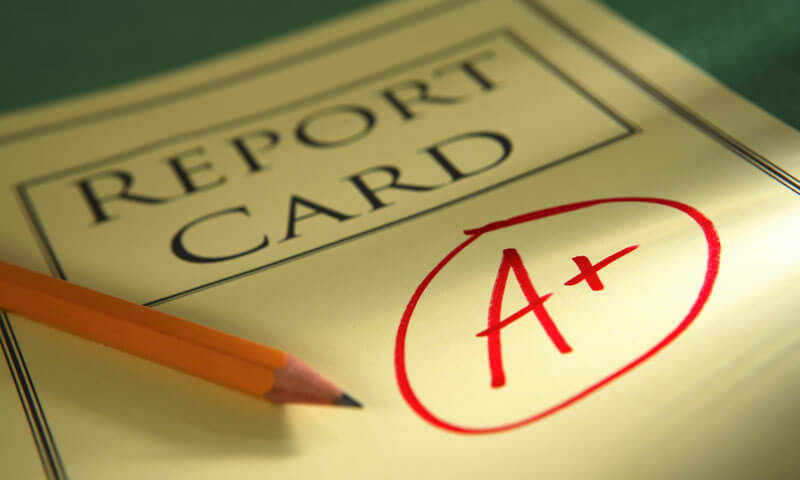
In November 2022, the Departments of Justice and Education introduced a groundbreaking initiative to simplify eliminating student loans when filing for bankruptcy. This move, touted as a potential game-changer, sought to challenge decades-old standards that had made it nearly impossible for struggling borrowers to discharge federal student loans. However, a year later, the results are not as promising as anticipated, revealing complexities and challenges in the system.
Initial Success and Current Realities
The initial celebration by the departments in November highlighted what they considered a successful first year. Within the first ten months, 632 bankrupt student borrowers filed cases to have their loans discharged, signaling a significant increase from previous years. Despite this, the impact on the nation’s $1.7 trillion federal student debt crisis remains limited. This is particularly evident following President Joe Biden’s unsuccessful attempt to forgive $430 billion in student loan debt, leading to the resumption of student loan payments after a pandemic-related pause.
Challenges in Implementation
The sluggish government response, opaque application of the guidance, and a general reluctance by consumer attorneys contribute to the hesitancy in filing student loan discharge cases. According to Edward Boltz, a managing partner with the Law Offices of John T. Orcutt, more attorneys need to participate for the process to reach its intended impact. Though encouraging, the initial increase in filings falls short of the substantial change advocates had envisioned.
Improved Process, Yet Limited Impact
The 2022 guidance introduced a new step to make the process fairer and more accessible. After filing a suit against the government to discharge federal loans, debtors submit a 15-page attestation form for analysis by the DOE and DOJ. While discharge proceedings tripled in the first ten months, concerns about the overall impact persist. The government has not publicly disclosed the number of fully resolved cases, but it claims a 99% success rate in cases where courts have entered orders or judgments.
Lawyer Hesitancy and Future Prospects
Hesitancy among consumer attorneys, unfamiliar with filing adversary cases, remains a significant constraint on new filings. Despite some success stories, there is a need for more lawyers to witness positive outcomes for the program to gain momentum. As the initiative enters another year, attorneys who have seen success plan to file more adversary cases, emphasizing the urgency due to the voluntary nature of the guidance and its vulnerability to potential policy changes.
Don’t be a silent ninja! Let us know your thoughts in the comment section below.












































